The Transatlantic Research Lab on Complex Societal Challenges was launched on September 30, 2021. It goes back to an initiative during the early beginnings of the COVID-19 pandemic in March 2020, led by the University for Continuing Education (Danube University) Krems, Faculty of Business and Globalization, Department of Knowledge and Communication Management, and the Medical University of Vienna, Center for Public Health, Department of Epidemiology, in alliance with the Complexity Science Hub Vienna.Over the subsequent months, it developed scientific contributions to solutions for complex societal challenges based on a systems science approach.
In the spring 2020, under the impression of the COVID-19-crisis unfolding and necessitating first lockdowns across the globe, a transatlantic group of researchers began to regularly meet online to discuss pressing societal challenges that might ensue from pandemic mitigation measures. The original core of the "COVID-Group" included its founders (Steiner, Schernhammer, Zenk) and researchers from Arizona State University, Santa Fe Institute, Harvard University, and the World Climate Forum.
What started out as a loose platform for scientific exchange and collaboration, developed into a permanent weekly working format. The original group expanded, incorporating experts for mineral resources (Technische Universität Bergakademie Freiberg) and social evolution (Konrad Lorenz Institute for Evolution and Cognition Research) and was elevated to the status of a "Transatlantic Research Lab on Complex Challenges“ on September 30, 2021,- the concluding day of the first Global Transdisciplinarity Conference organized by Steiner and colleagues in Krems, Austria.
The Lab aims to apply interdisciplinary and systems science-based approaches to complex challenges through common research- and publication endeavours of the participating scientists, in order to provide scientific contributions to present and future societal real-world challenges.
To this purpose, the Lab has recently made an effort to incorporate transdisciplinarity and complexity science methodologies such as the Decision Theatre of Arizona State University.
Members
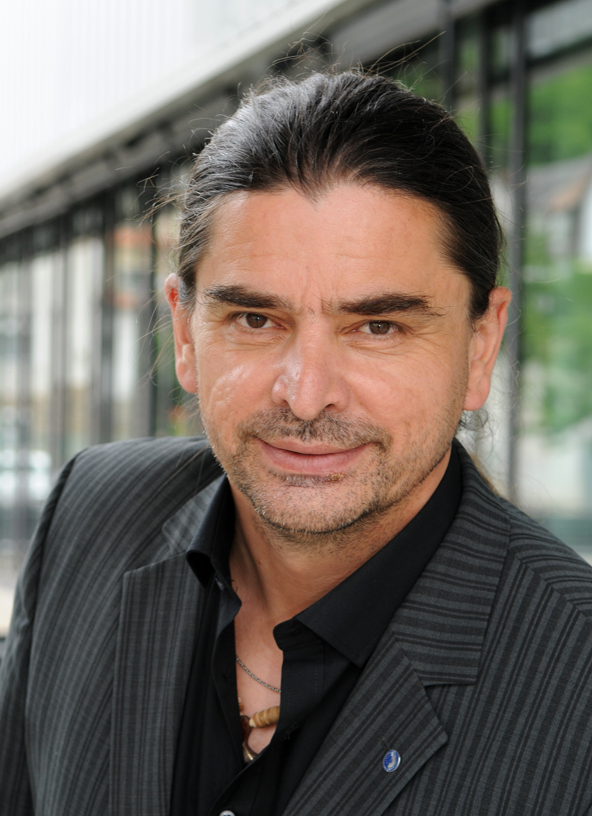
Gerald Steiner
- University of Continuing Education Krems
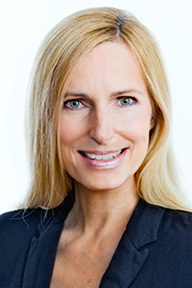
Eva Schernhammer
- Medical University of Vienna
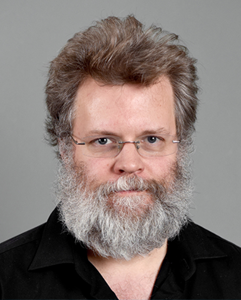
Manfred Laubichler
- Arizona State University, Santa Fe
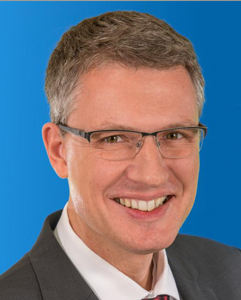
Martin Bertau
- Technical University Bergakademie Freiberg
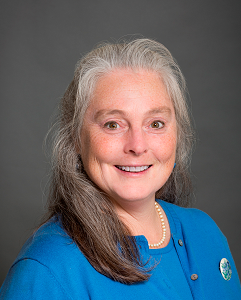
Brenda Birmann
- Brigham and Women’s Hospital und Harvard Medical School
Filippina Risopoulos-Pichler
- University of Graz

Shade Shutters
- Arizona State University
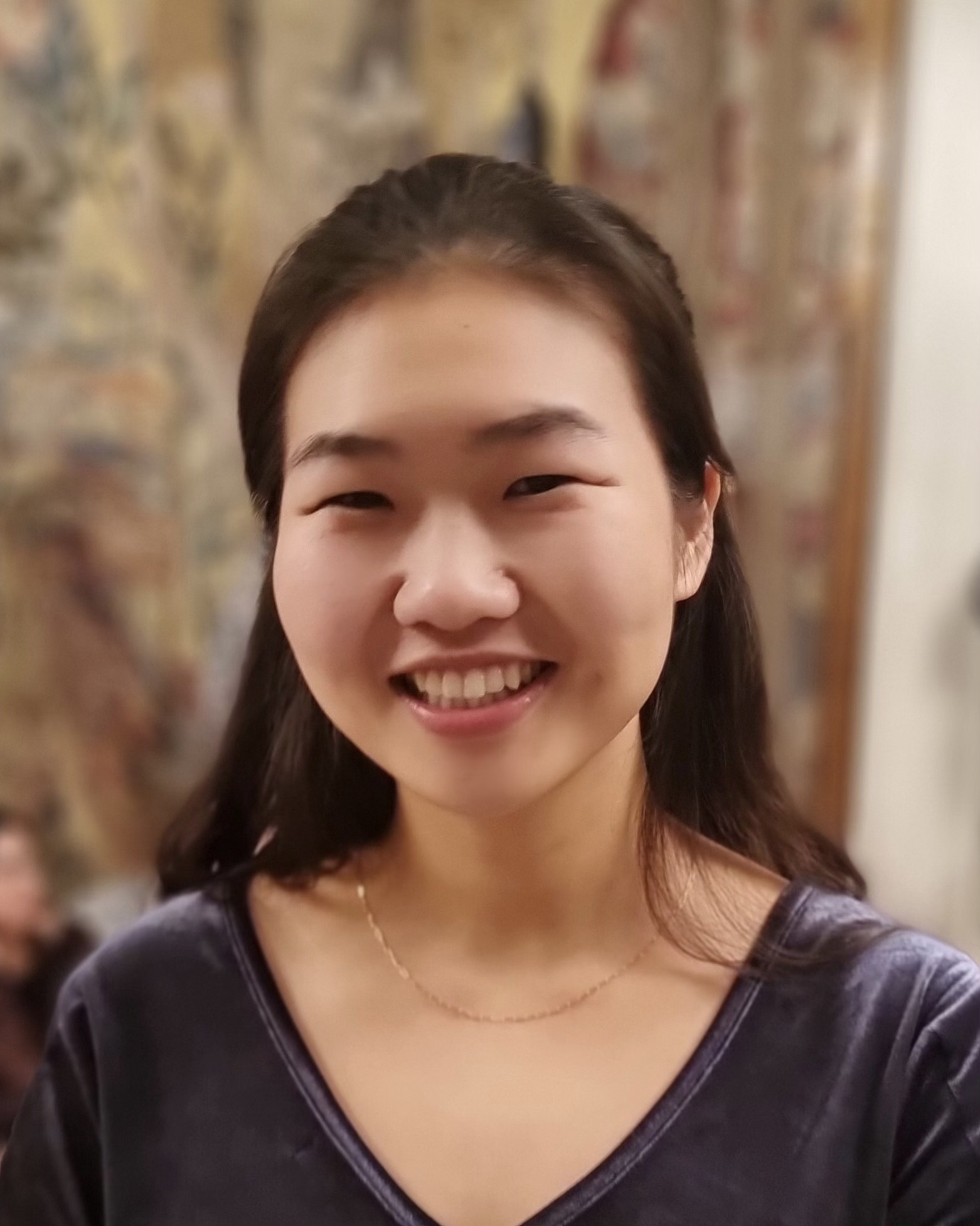
Emilie Han
- Medical University of Vienna
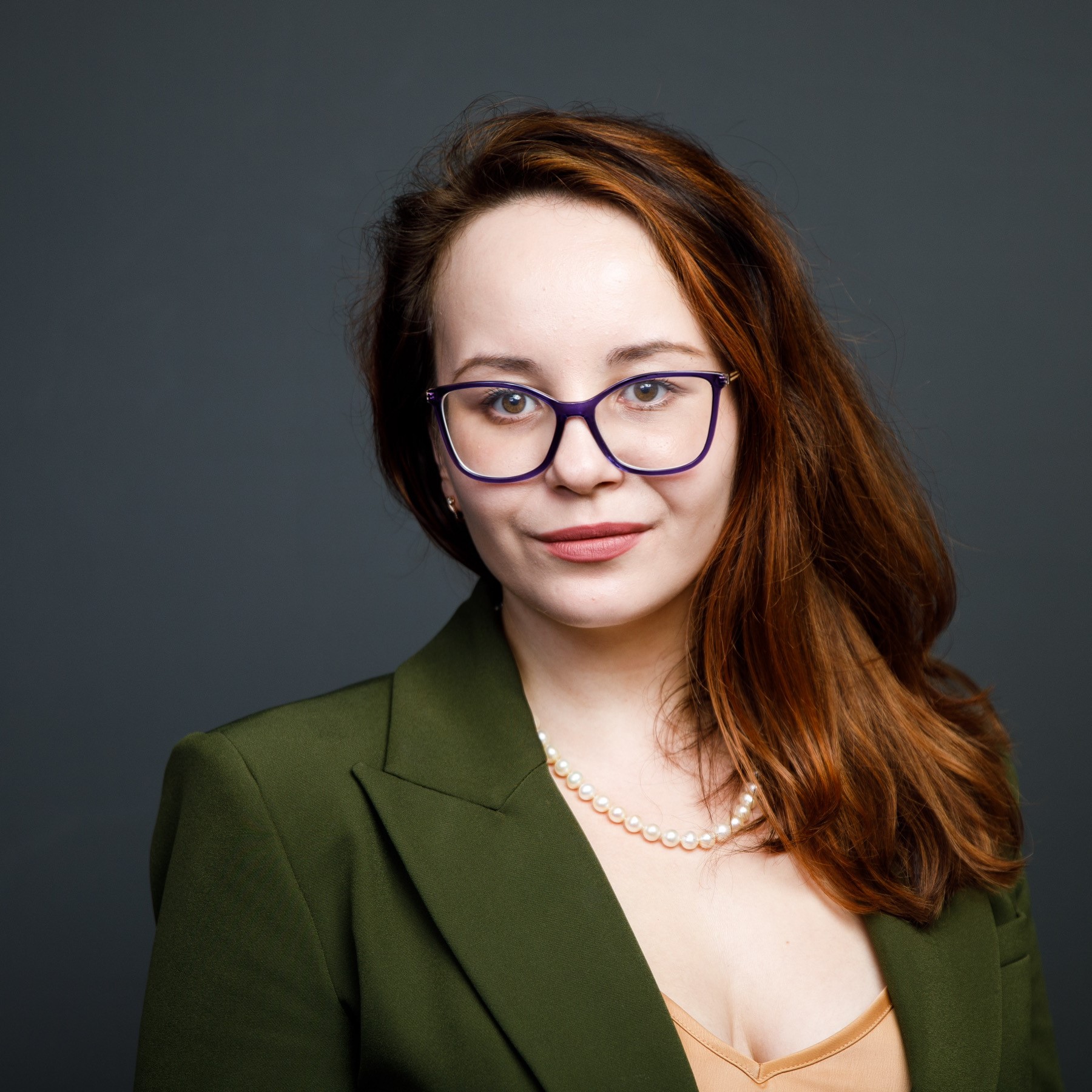
Dina A. Ziganshina Lienhard
- Arizona State University
Markkus Pfirman Schlosser
- Arizona State University
Publications
- Weitzer J.; Birmann B.M.; Steffelbauer I.; Bertau M.; Zenk L.; Caniglia G.; Laubichler M.D.; Steiner G.; Schernhammer E. (2022). Willingness to receive an annual COVID-19 booster vaccine in the German-speaking DA-CH region in Europe: A cross-sectional study. The Lancet Regional Health - Europe, 18: 100414
- Schernhammer, E.; Weitzer, J.; Laubichler, M.D.; Birmann, B.M.; Bertau, M.; Zenk, L.; Caniglia, G.; Jäger, C.C.; Steiner, G. (2021). Correlated of COVID-19 vaccine hesitancy in Austria: trust and the government. Journal of Public Health, 43: https://doi.org/10.1093/pubmed/fdab122
- Weitzer J.; Laubichler M.; Birmann B.M.; Bertau M.; Zenk L.; Caniglia G.; Jäger C.C.; Steiner G.; Schernhammer E. (2021). Comment on Alley, S.J., et al. As the Pandemic Progresses, How Does Willingness to Vaccinate against COVID-19 Evolve? International Journal of Enviromental Research and Public Health, 18: 6
- Caniglia, G., Jaeger, C., Schernhammer, E. et al. COVID-19 heralds a new epistemology of science for the public good. HPLS 43, 59 (2021).
https://doi.org/10.1007/s40656-021-00413-7 - Weitzer, J., Papantoniou, K., Seidel, S. et al. Working from home, quality of life, and perceived productivity during the first 50-day COVID-19 mitigation measures in Austria: a cross-sectional study. Int Arch Occup Environ Health (2021).
https://doi.org/10.1007/s00420-021-01692-0 - Caniglia, G.; Zenk, L.; Schernhammer, E.; Bertau, M.; Steiner, G.; Kainz, M.; Jaeger, C.; Schlosser, P.; & Laubichler, M. (2021). Scientists’ Responsibility for Global Futures. Science & Diplomacy, 1: online, American Association for the Advancement of Science
- Steiner, G.; Zenk, L.; Schernhammer, E. Preparing for the Next Wave of COVID-19: Resilience in the Face of a Spreading Pandemic. Int. J. Environ. Res. Public Health 2020, 17, 4098.
https://doi.org/10.3390/ijerph17114098 - Zenk L, Steiner G, Pina E Cunha M, Laubichler MD, Bertau M, Kainz MJ, Jäger C, Schernhammer ES. Fast Response to Superspreading: Uncertainty and Complexity in the Context of COVID-19. Int J Environ Res Public Health. 2020 Oct 27;17(21):7884.
doi: 10.3390/ijerph17217884. - Steiner, G.; Geissler, B.; Schernhammer, E.S. Hunger and Obesity as Symptoms of Non-Sustainable Food Systems and Malnutrition. Appl. Sci. 2019, 9, 1062. https://doi.org/10.3390/app9061062
An initiative of the University for Continuing Education (Danube University) Krems and the Complexity Science Hub (CSH) Vienna

Tags